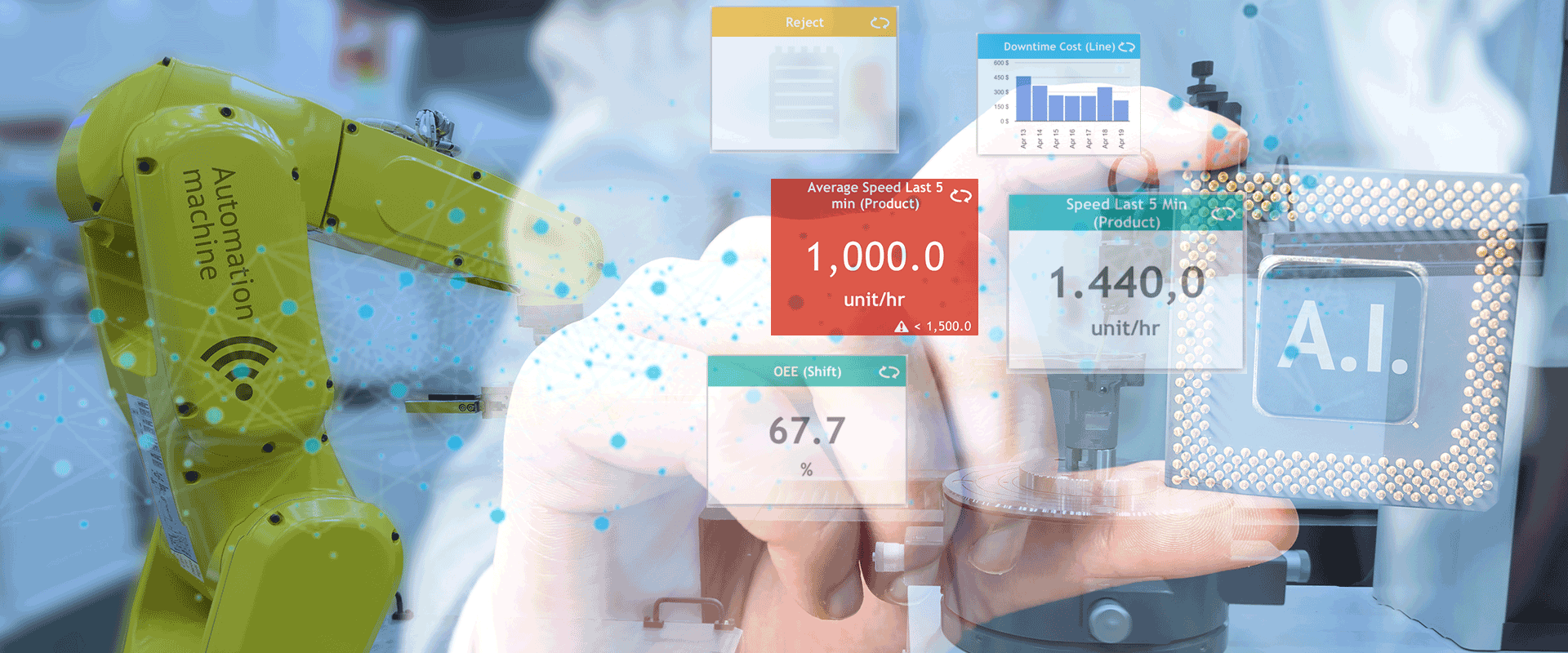The 4th Industrial Revolution is profoundly changing our work environments. Automation, robotization, increasing use of data are just some of the ways workplaces are becoming more productive and employees, more responsive. New areas of employment are emerging and shaking up the labor market. And Industry 4.0 manufacturers need to find new ways to operate. Sound, skillful change management is critical if this transformation is to be successful. Whatever the goal, organizational change has to involve people, those individuals who make up the company. This blog post will outline several of the challenges faced by innovative manufacturers and will recommend workable solutions, including identifying a change champion.
Challenges of change
An organization’s ability to manage change and adapt to a new situation is now a competitive advantage (Warrick, 2009). This is even more true for Industry 4.0 businesses where the digital shift has become an absolute must and where the pace of change is increasingly rapid. Organizational change requires considerable effort from several different players.
The manufacturing sector, now in full transformation mode, needs to fill positions that are more and more complex. The new labor force specializing in robotics, artificial intelligence and the Internet of Things is hard to attract so it is essential to rely on workers already on staff. Workers will need to adapt to many changes as well as the massive influx of technologies, while also building new skills. Just think about it! When you ask longtime employees with many years’ experience to substantially change their work habits and to develop new skills, you need to provide support. They need to get a handle on the changes and feel like they are being heard. Although attracting qualified workers is a real challenge, employee retention is more critical than ever for Industry 4.0 manufacturers. Employees currently on staff can determine the success or failure of changes that are underway, so they need to be involved.
Another challenge that innovative manufacturers face is employee resistance to change. This phenomenon is a “consequence linked to a range of observable factors, both active and passive, individual and collective, that impede change” (Bareil, 2004). You have undoubtedly heard production supervisors or managers say: “That worker is resistant to change”. But what is that employee really going through and feeling about the change? Has the supervisor made an effort to understand where the resistance is coming from? Has he or she listened to the employee?
Solutions for innovative manufacturers
In this Industry 4.0 era, manufacturing firms sometimes implement many changes at once in a bid to achieve a range of outcomes, such as improved productivity, reduced downtimes, lower operational costs, etc. For this to happen, however, the first step is to focus on how employees are experiencing the change. Paying attention to employees’ perceptions and feelings is very important when it comes to managing change. Active listening is therefore key.
Managers need to talk openly and often about the changes and explain the reasons behind them. Involving affected employees in implementing changes and offering them the required training and support are also recognized as effective change management techniques (Bareil, 2004).
What is a change champion?
It is also important to identify a change champion, who “can be defined as a person working at any level of the organization who is skilled at initiating, facilitating, and implementing change” (Warrick, 2009). Industry 4.0 manufacturers have everything to gain by identifying a change champion within the organization who will be tasked with integrating new technologies. Change champions advocate, promote the benefits of and explain the reasoning behind changes, while also serving as in-house resources for workplace teams. Take, for example, Tyler Kowalski, Operational Improvement Coordinator at one of our clients, Amalgamated Dairies Limited (ADL). Tyler was identified as the smart factory technologies implementation champion very early on and successfully got teams on board, quickly becoming the go-to person for this project. Soon after installing TileBoard in their factory, ADL saw very positive outcomes, such as quicker response times by shop floor employees.
In short, innovative manufacturers must carefully manage change. Don’t forget that you need to involve your workers in the changes you bring into your plant! Good practices include active listening, good communication and enlisting the participation of all organizational players. Identifying a change champion within the organization is also key to ensuring success of your digital transformation.













